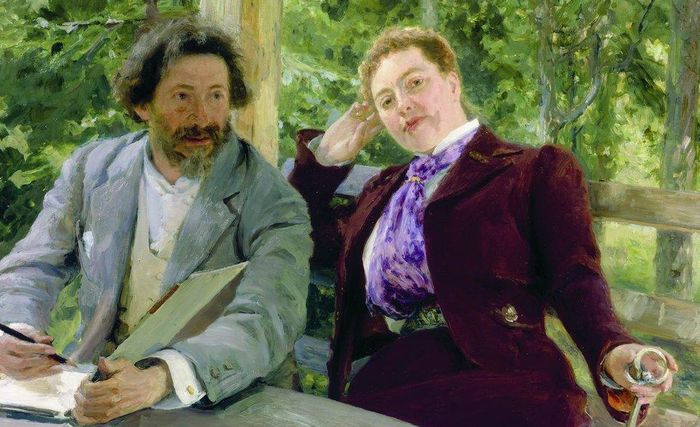69. Taken in the mass, this is a nation to be feared, and a treacherous one. Treaties of friendship exercise no restraining influence over these barbarians, and even oaths sworn over their sacrifices are not respected, for they reverence no deity at all, not to speak of God. To them all things are the result of chance, and death they believe to be the end of everything. For these reasons they make peace with great alacrity and then, when they find it necessary to resort to war, they at once violate the terms of their treaty.
If you conquer them in war, they invoke a second treaty of friendship; if it is they who win the combat, they massacre some of their captives and hold a magnificent sale of the rest. For the rich prisoners they fix the price high, and if they fail to get ransom, they kill them.
Unbroken line of Roman shields
70. Determined to drive this people from Roman territory, Isaac set out against them with a strong force. He was particularly confident before an enemy that was so scattered and had such a different conception of war; he led his army in an attack on the strongest enemy concentration. It was difficult to fight them and no less difficult to take them captive. As he drew near, they were filled with terror, not only on his own account, but also because of his army. In fact, they had not the courage to defy a man whom they looked upon as ‘wielder of the thunderbolt’, and when they saw the unbroken line of Roman shields, they abandoned the idea of fighting in mass.
So they attacked in isolated groups, howling their war-cries. But they found the Romans too compact for them, and having discovered that they could neither catch them by ambush nor face them in open battle, they made a proclamation that they would fight on he third day from then. Thereupon, on the self-same day on which hey made this declaration, they left their tents, forsaking all those incapable of flight, that is, aged people and the very young, and hen dispersed in the inaccessible regions of hat country.
According o the agreement, the emperor marched out to meet them on the third day, with his troops lined up for battle, but not a barbarian as to be seen. As he thought it unwise to pursue them, partly because he was nervous of secret ambushes, and partly because they ad three days start on their flight, he destroyed their tents, and taking away what booty he found there, returned laden with the trophies of war. The return journey, however, proved unfortunate, for a sudden storm fell upon his army with great violence, and he lost many of his soldiers.**3 Still, he did return to the capital, his lead crowned with the garlands of victory.
Read More about Isaac Comnenus 41








